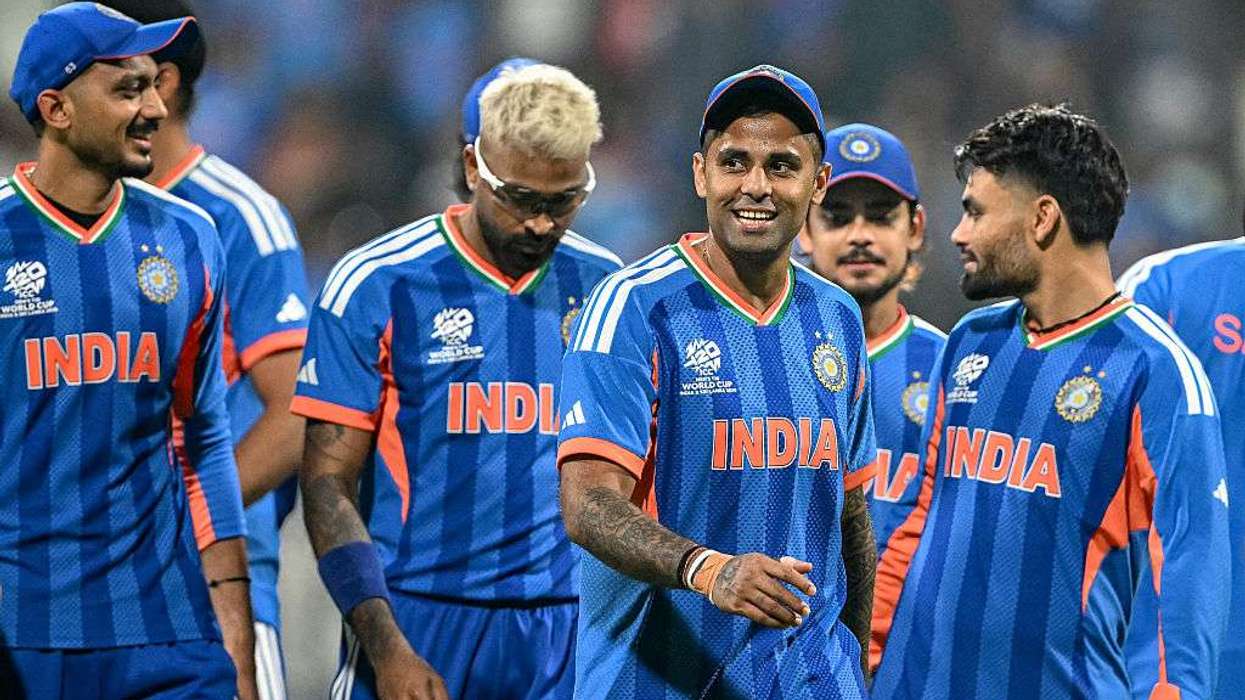Most Indians or even British Indians know little about British Columbia, the scenic province on the western side of Canada with an area larger than that of France and Germany combined, but with a population of only 4.6 million compared to their 145 million – or India’s 1.25 billion.
Yet British Columbia and India are involved in a burgeoning romance.
British Columbia took the unusual step of becoming the first foreign government to launch a masala bond at the London Stock Exchange on September 1, and then immediately invested the $75 million raised into the Indian HDFC masala bond that was issued on the same day.
On Monday (21), the London Stock Exchange “celebrated” the listing of British Columbia’s masala bond by getting its finance minister, Michael de Jong, QC, to open trading, in the presence of Nikhil Rathi, the LSE’s chief executive, Alok Sharma, foreign office minister, and the acting Indian high commissioner, Dinesh Patnaik.
“From Vancouver to Delhi to London, this bond issuance is unprecedented and remarkable,” declared de Jong. “British Columbia is recognised as an innovator among our triple-A credit rating peers and I am honoured to have the privilege of opening London Stock Exchange on behalf of the Province.”
Rathi responded: “We would like to congratulate the leadership shown by the government of British Columbia in being the world’s first foreign government entity to issue a masala bond.”
Patnaik’s quip was that “India would want British Columbia to do much more before the engagement blossomed into marriage”.
It turns out that British Columbia’s unexpected engagement with India stems from the personal initiative taken by de Jong, who has paid no fewer than 12 visits to India, including three this year alone.
In an exclusive interview afterwards, he revealed that British Columbia and the Indian government were discussing a foreign investment and free trade agreement, and that he was hopeful of being able to conclude the foreign investment agreement within a year.
Apart from wanting closer economic ties with India, de Jong explained there were strategic reasons for not wanting to become too dependent on the US and China.
“We are the least dependent on US trade of all Canadian jurisdictions,” said de Jong. “That has been a purposeful strategy. The US is still important and will continue to be important, but I don’t want to put us in a circumstance where we are dependent entirely on the US and China.”
“I think there are important geopolitical strategic reasons in addition to economic ones for us to work closely with India and build a stronger economic relationship with that country,” he stated. “I have over the last 15-16 years as a minister in the government consistently pursued that.”
What triggered British Columbia’s interest in India, de Jong said, was a visit by Narendra Modi to Vancouver in April last year when he had been prime minister for nearly a year and was inviting foreign governments to invest in Indian growth. After further discussions with Modi and the finance minister, Arun Jaitley, de Jong and his colleagues were convinced.
This led to British Columbia’s masala bond launch which was three times oversubscribed with investors coming from North America, Europe and Asia.
There were hopes that the province’s Indian origin residents, who are mostly Punjabi and some of whose families have been in Canada for a century, will help to strengthen relations between their adopted country and India – rather in the way David Cameron was able to deploy the British Indian population.
Indians make up 10-15 per cent of British Columbia’s population and “tens of thousands” are coming in every year.
“We have the leading economy in Canada right now in British Columbia – our growth rates are between three per cent and 3.5 per cent,” de Jong said. “The challenge is to remind the private sector of the need to look ahead and continue to develop new markets.”
As to possible areas of collaboration, de Jong “listed agro food, aerospace, forestry products, sustainable construction technology – these are all things that Canadians are very good at. On the technology front, India, of course, is in many areas leading the world in digital media, film and TV production. These are all logical areas for collaboration and enhanced exchanges and trade.”
Since Vancouver is a popular filming location, surrounded by mountains, it is sometimes called “Hollywood North,” said de Jong. He joked: “I want it to become Bollywood
West.”
He pointed out “British Columbia has the second largest proven reserves of natural gas in the world. Indian Oil Corp knows it, which is why they are a partner in the single biggest bilateral (deal) to occur between Canada and India – a project worth $30 billion”.
As in India where states can pursue individual investment strategies, the policy followed by British Columbia “is very complementary (to that pursued by the Canadian government) – Canada generally sees India, first of all as a friend and an ally but also as a logical market for expanded trade. British Columbia is leading the way within Canada.
In India, de Jong is able to pursue a hobby. After he has finished his ministerial duties on each trip, “I get an Enfield motorcycle and go for pleasure mostly down the west coast south of Mumbai through Goa”.



